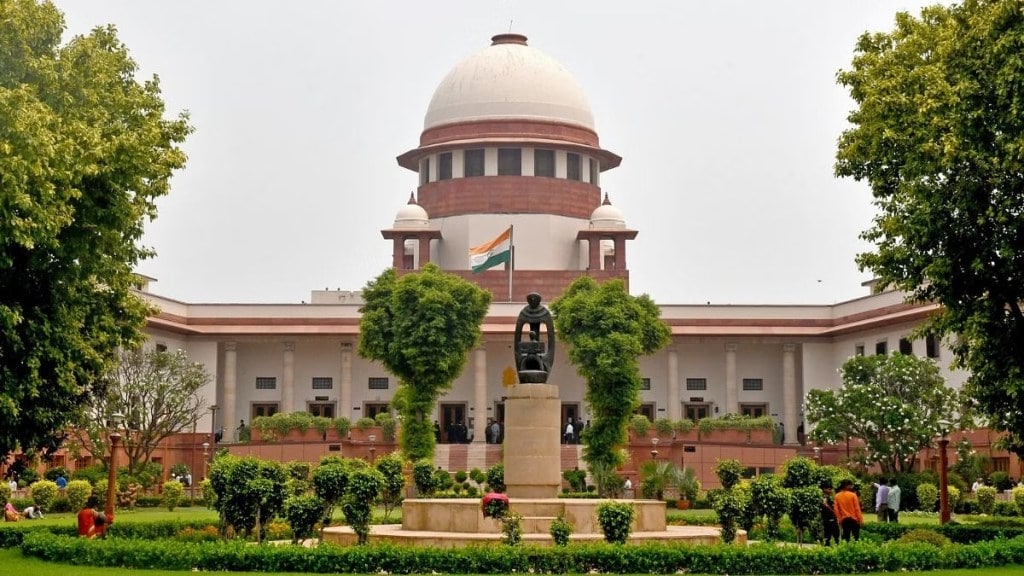The Supreme Court said on Tuesday that voters’ right to know about candidates cannot be extended to the point where it forces them to give up their entire lives for scrutiny since they too have a right to privacy. The court ruled that poll candidates’ failure to disclose every asset they had would not constitute a material flaw that would render their election illegal.
A bench of Justices Aniruddha Bose and Sanjay Kumar reversed the High Court’s July 7, 2023 decision of Assam, Nagaland, Mizoram and Arunachal Pradesh invalidating the April 2019 poll victory of independent candidate Karikho Kri from the 44 Tezu (ST) Assembly constituency in Arunachal Pradesh.
Rival congress candidate Nuney Tayang accused Kri of omitting important details from his election affidavit, which was submitted in accordance with form no. 26 of the Conduct of Elections Rules, 1961. He was charged with failing to disclose the ownership of a few vehicles, failing to file a ‘no dues certificate’ for the water and electricity costs associated with his government housing, and failing to disclose the amounts owed on property and municipal taxes.
Justice Sanjay Kumar said that though it has been strenuously contended before the court that the voter’s ‘right to know’ is absolute and a candidate contesting the election must be forthright about all his particulars, but the court is not inclined to accept the blanket proposition that a candidate is required to lay his life out threadbare for examination by the electorate.
“His ‘right to privacy’ would still survive as regards matters which are of no concern to the voter or are irrelevant to his candidature for public office,” Justice Kumar added. The court also said that in that respect non-disclosure of each and every asset owned by a candidate would not amount to a defect, much less, a defect of a substantial character.
“It is not necessary that a candidate declare every item of movable property that he or his dependent family members owns, such as, clothing, shoes, crockery, stationery and furniture, etc, unless the same is of such value as to constitute a sizeable asset in itself or reflect upon his candidature, in terms of his lifestyle, and require to be disclosed,” the court said.
The bench added that every case would have to turn on its own peculiarities and there can be no hard and fast or straitjacketed rule as to when the non-disclosure of a particular movable asset by a candidate would amount to a defect of a substantial character.
The Supreme Court ruled that while evaluating a nomination’s legality, it is important to discern between substantial and insubstantial issues. It said, “For example, a candidate and his family who own several high-priced watches, which would aggregate to a huge figure in terms of monetary value, would obviously have to disclose the same as they constitute an asset of high value and also reflect upon his lavish lifestyle. Suppression of the same would constitute ‘undue influence’ upon the voter as that relevant information about the candidate is being kept away from the voter. However, if a candidate and his family members each own a simple watch, which is not highly priced, suppression of the value of such watches may not amount to a defect at all. Each case would, therefore, have to be judged on its own facts.”
“The very fact that Section 36(4) of the Act of 1951 speaks of the Returning Officer not rejecting a nomination unless he is of the opinion that the defect is of a substantial nature demonstrates that this distinction must always be kept in mind and there is no absolute mandate that every non-disclosure, irrespective of its gravity and impact, would automatically amount to a defect of substantial nature, thereby materially affecting the result of the election or amounting to ‘undue influence’ so as to qualify as a corrupt practice,” the court said.


